UPDATE | 2024年01月17日
皆さんにとって、日本の一番好きなところは何でしょうか?
ベラルーシ人の私にとっては、海も、山も、森もある豊かな自然です。しかし、当然ながら、その自然も街並みも、きれいなまま保つためにはお金が必要です。ご存知のように、そのお金を集めるために、政府は税金を徴収しています。(ちなみに、2023年の「今年の漢字」は「税」になったことを知っていましたか?)
日本人と同じく、外国籍の方も素敵な自然と街並みを楽しめ、非常時には警察、消防車、救急車を呼べ、様々な公共施設や公共サービスを使えます。そのため、日本にしばらく住んでいる外国籍の方や留学生も税金を納める必要があります。
しかし、税金の種類にも色々あり、具体的に何の税を、いつどうやって支払えばいいのでしょうか?そもそもどのぐらい住むと課税対象者となるのでしょうか?
この記事では、留学生が日本で納めなければならない税金について説明します。(なお、外国籍の社会人等に対する課税とは異なっているところがあるので、ご了承ください。)
例えば、アルバイトをすると、給料をもらいます。その給料は所得となり、その個人の所得に対してかかる税金は「所得税」と呼ばれます。所得が多くなるほど、税率が高くなります。
【納める所得税の計算方法】
収入-経費など※1=所得金額
所得金額-控除※2=課税所得金額
課税所得金額×税率※3=納めなければならない所得税
|
課税所得金額 |
税率 |
控除額 |
|
1,000円~1,949,000円 |
5% |
0円 |
|
1,950,000円~3,299,000円 |
10% |
97,500円 |
|
3,300,000円~6,949,000円 |
20% |
427,500円 |
|
6,950,000円~8,999,000円 |
23% |
636,000円 |
|
9,000,000円~17,999,000円 |
33% |
1,536,000円 |
|
18,000,00円~39,999,000円 |
40% |
2,796,000円 |
|
40,000,000円以上 |
45% |
4,796,000円 |
「住民税」は、住所がある都道府県と市区町村に納める税金です。 その年の1月1日時点で日本国内の住所があり、一定額以上の所得をもらっている留学生は住民税の課税対象者となります。納めるべき額は、前の年の1月1日から12月31日までにもらった所得で決まります。
住民税の納付方法は、特別徴収と普通徴収という二つの納付方法があります。
特別徴収は、所得税のように毎月給与から差し引かれ、アルバイト先により自治体に支払われます。アルバイト先は住民税を支払ってくれるかどうか確認しましょう。もし支払われない場合は、普通徴収という納付方法となります。
普通徴収は自分で支払うことを意味します。毎年6月ごろに市区町村から住民税納付書(納税通知書)が自宅に届きますので、それに従って書いてある金額を支払うことによって住民税を納めます。
アルバイトをしていない方、また前の年1年間の合計所得金額が一定額を超えない方は非課税対象となりますので住民税を支払う必要はありません。しかし、間違って納税通知書が届かないように、2月16日から3月15日までに市区役所に住民税の申告をしなければなりません。市区役所に所得がないことを知らせないと、非課税対象とのことを確定できないので、忘れずに申告を出しましょう。
[PR]
どんなお店のどんな商品の値段を見ても、「税込み」という記載のある値札が見られます。売られている商品の値段にどんな税が含まれているかと言うと、「消費税」です。
消費税は、商品の販売やサービスの提供に対してかかる税金です。カフェなどで飲食したときも消費税がかかります。
消費税はお会計のときに商品代金と一緒にお店に支払います。特別な手続きや追加の支払いは不要ですので、間違って支払いを忘れたというミスは起こらないはずです。
消費税の対象者は、外国人の方も日本人の方も含めて、日本に住んでいる方々全員となります。しかし、「短期滞在」の在留資格を持っている方は消費税が免除される場合があります。3か月以下の短い交換留学されている方、または短期日本語コースを受けに来日されている方はぜひ消費税免税店を確認してみてください!
日本には他にも様々な種類の税があります。例えば、自動車を持っている方は自動車税を納め、家などを持っている方は固定資産税を納めます。
在留カードを持っている留学生の方は、まずは「所得税」と「住民税」について分からないと、必要な手続きや納付の締め切りを過ぎてしまう可能性があるので、知っておくことによりトラブルを避けられます。私も元の留学生として「税金って難しいな」と考えたことが何回もあるので、皆さんも私と同じく困らないようにこの記事を書きました。参考になれば嬉しいです。
税金を納め、その税のおかげできれいにされている日本の好きなところを楽しみましょう!

(株)アクセスネクステージ 外国人進路支援事業部の社員。ベラルーシ出身。2021年6月に来日し、2023年3月までお茶の水女子大学で国費研究留学生プログラムに参加。趣味はPCゲーム、絵描き、国際交流。
[PR]
[PR]